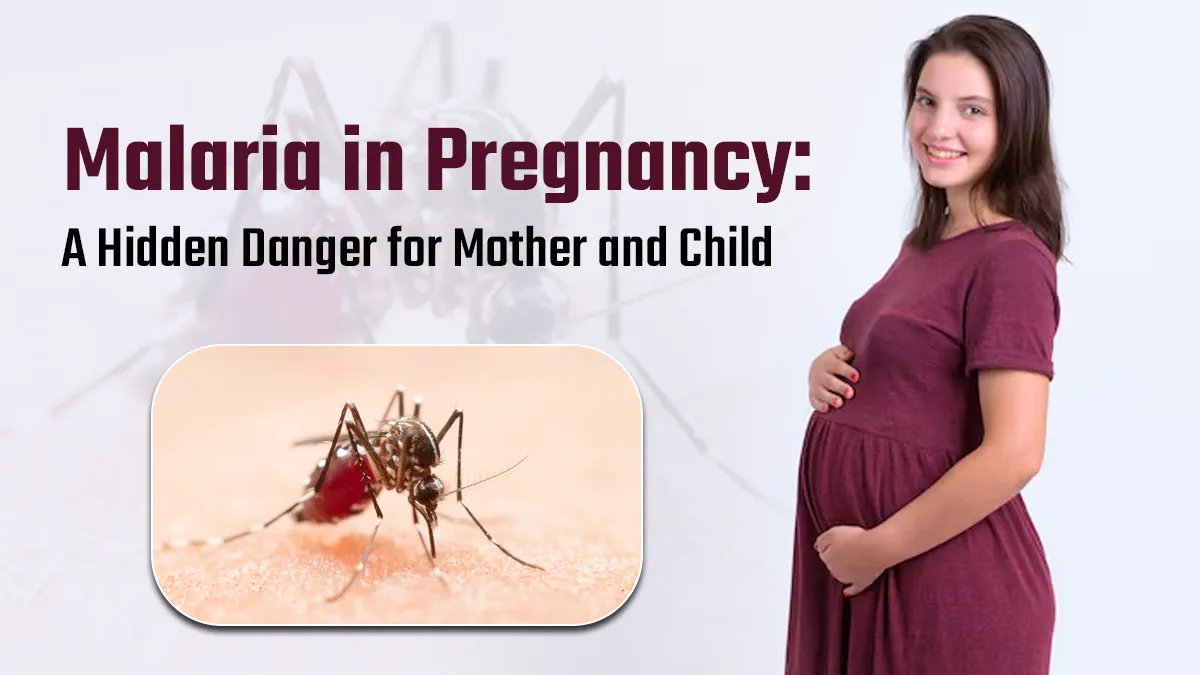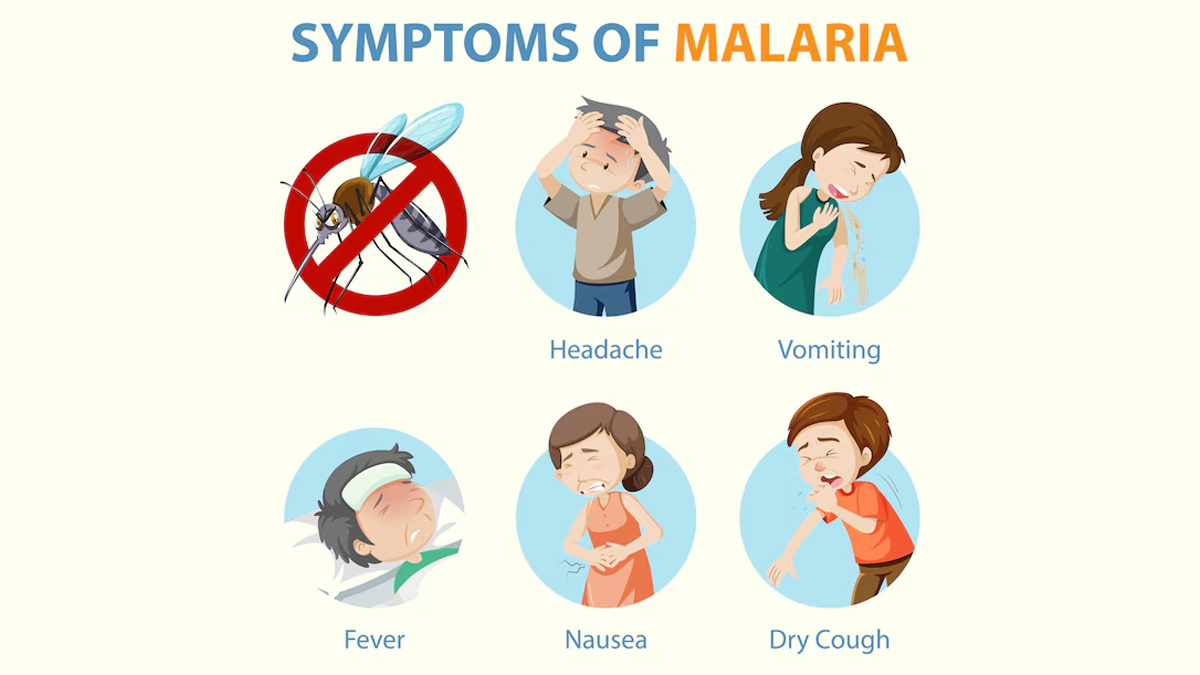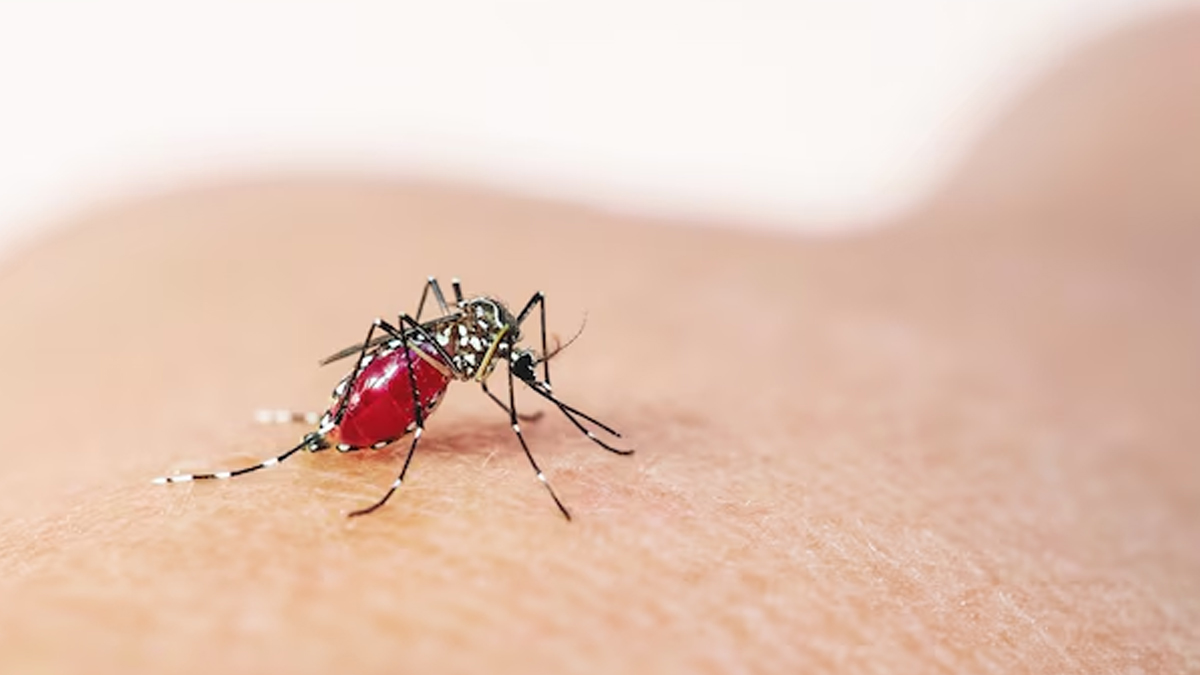
Malaria is a word that worries many, but for pregnant women, it brings special dangers. Imagine expecting a baby and falling sick with high fever, chills, and weakness. For mothers-to-be, malaria is not just another illness, as it can seriously affect both mom and baby. Understanding the symptoms, risks, and treatment of malaria in pregnancy is important for every woman, especially those living in or travelling to areas where malaria is common.
Table of Content:-
How Malaria Affects Pregnant Women![malaria pregnant women 4 (20)]()
Dr Phani Madhuri, Obstetrician Gynaecologist, Bangalore Hospitals, Bangalore, states that malaria in pregnancy is mainly caused by two parasites: Plasmodium falciparum and Plasmodium vivax. “Pregnant women have lower immunity, so the malaria parasite can multiply more quickly in their bodies,” she says. This often leads to a higher number of parasites and more severe illness.
One of the biggest problems is that these parasites can collect in the placenta. Dr Madhuri notes, “This causes inflammation, which blocks the flow of nutrients and oxygen from mother to baby.” As a result, both mother and child are at risk.
ALSO READ:
Common Symptoms of Malaria for Pregnant Women![symptoms of malaria for pregnant women 2 - 2025-04-24T101206.265]()
Dr Madhuri warns, “Pregnant women can develop severe anaemia, low blood sugar, breathing problems, miscarriage, stillbirth, or even maternal death from malaria if not treated quickly.” The symptoms of malaria in pregnant women are much like those in others, but the risks are higher. Watch out for:
- Fever and chills
- Sweating
- Headaches
- Nausea and vomiting
- Fatigue
ALSO READ: COVID-19 Returns to Indore! Reports First Case of 2025 After 74-Year-Old Woman Dies
What Studies Show About Malaria For Pregnant Women?
A study published on PubMed explored almost 10,000 pregnant women and found that those with malaria, especially P. vivax, had a higher chance of anaemia and gave birth to smaller babies. On average, babies born to mothers with malaria weighed about 100 grams less than those born to healthy mothers. It shows that malaria during pregnancy is linked to poor outcomes for both mother and baby. The impact is even worse in places where malaria is common.
Treatment Options For Pregnant Women![malaria treatment 1 - 2025-04-24T101208.329]()
Treatment depends on how far along the pregnancy is:
- First trimester: Quinine with clindamycin is usually given.
- Second and third trimesters: Artesunate-based treatments are preferred.
- Severe cases may need hospital care and intravenous medicines.
It is important to treat malaria quickly and correctly. The right medicines can save lives, but the choice depends on the stage of pregnancy.
Prevention: What Can Be Done?![net for malaria for pregnant women 5 (9)]()
Preventing malaria is better than treating it. Here are some steps to protect pregnant women:
- Routine screening for malaria during antenatal check-ups.
- Intermittent preventive treatment (IPTp): Starting from the second trimester, doctors may give medicine to prevent malaria.
- Use of insecticide-treated bed nets every night.
- Education: Learn to spot malaria symptoms and report them early.
- Prophylactic medication may be given in high-risk areas, based on the age of pregnancy and local resistance patterns.
- Simple steps like sleeping under a treated bed net and not missing antenatal visits can make a big difference.
ALSO READ: Expert Shares How Bed Nets Can Save Your Toddler from Malaria
Conclusion
Malaria during pregnancy is a serious health issue that can affect both the mother and her baby. It can cause symptoms like fever and fatigue, but also lead to more serious problems such as anaemia, low birth weight, and premature birth. Early detection, proper treatment, and preventive measures like using insecticide-treated bed nets and regular health check-ups are very important. Taking these steps can reduce the risks and help ensure a safer pregnancy.
Also watch this video
How we keep this article up to date:
We work with experts and keep a close eye on the latest in health and wellness. Whenever there is a new research or helpful information, we update our articles with accurate and useful advice.
Current Version
-1745469947948.jpg)


-1745470007591.jpg)